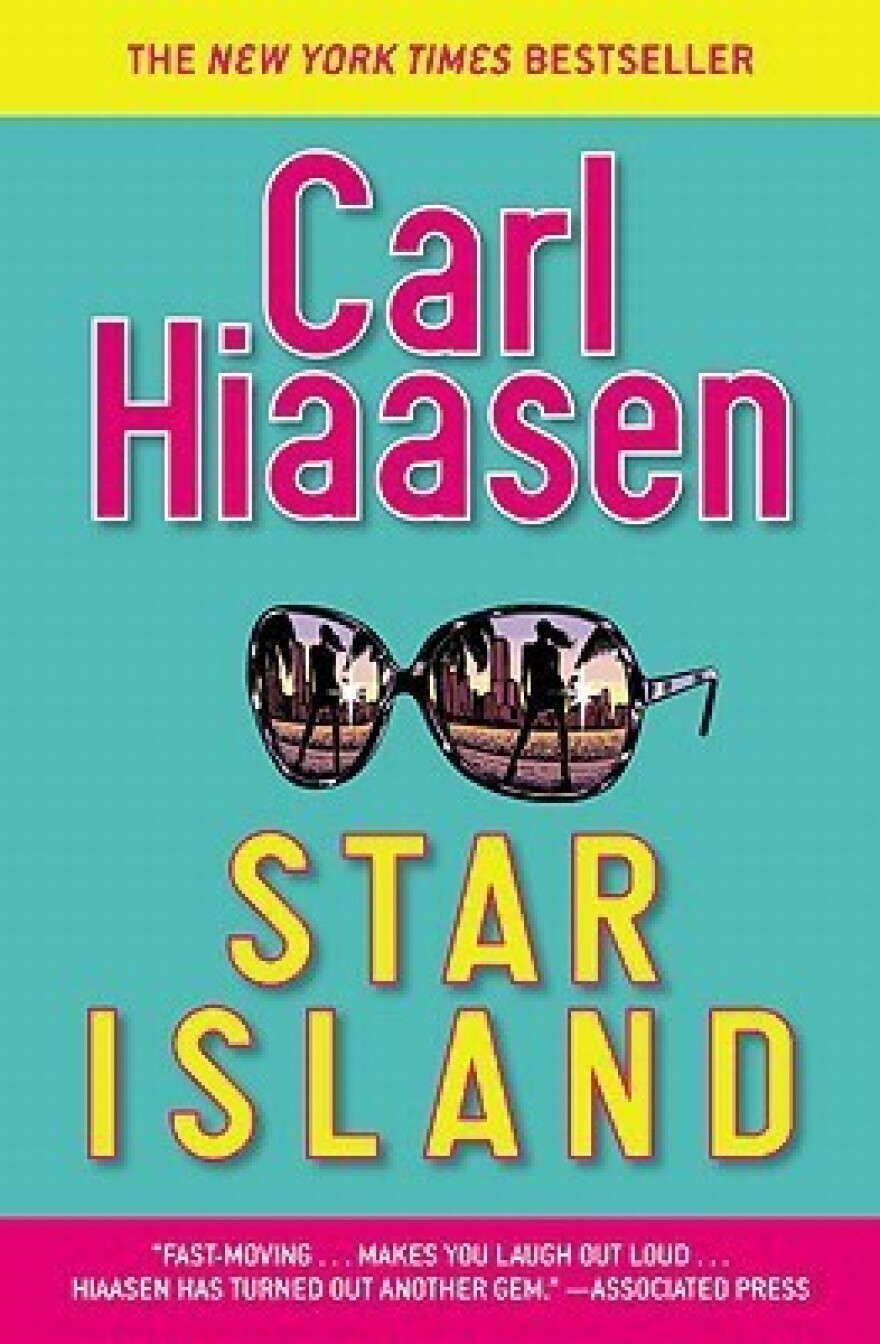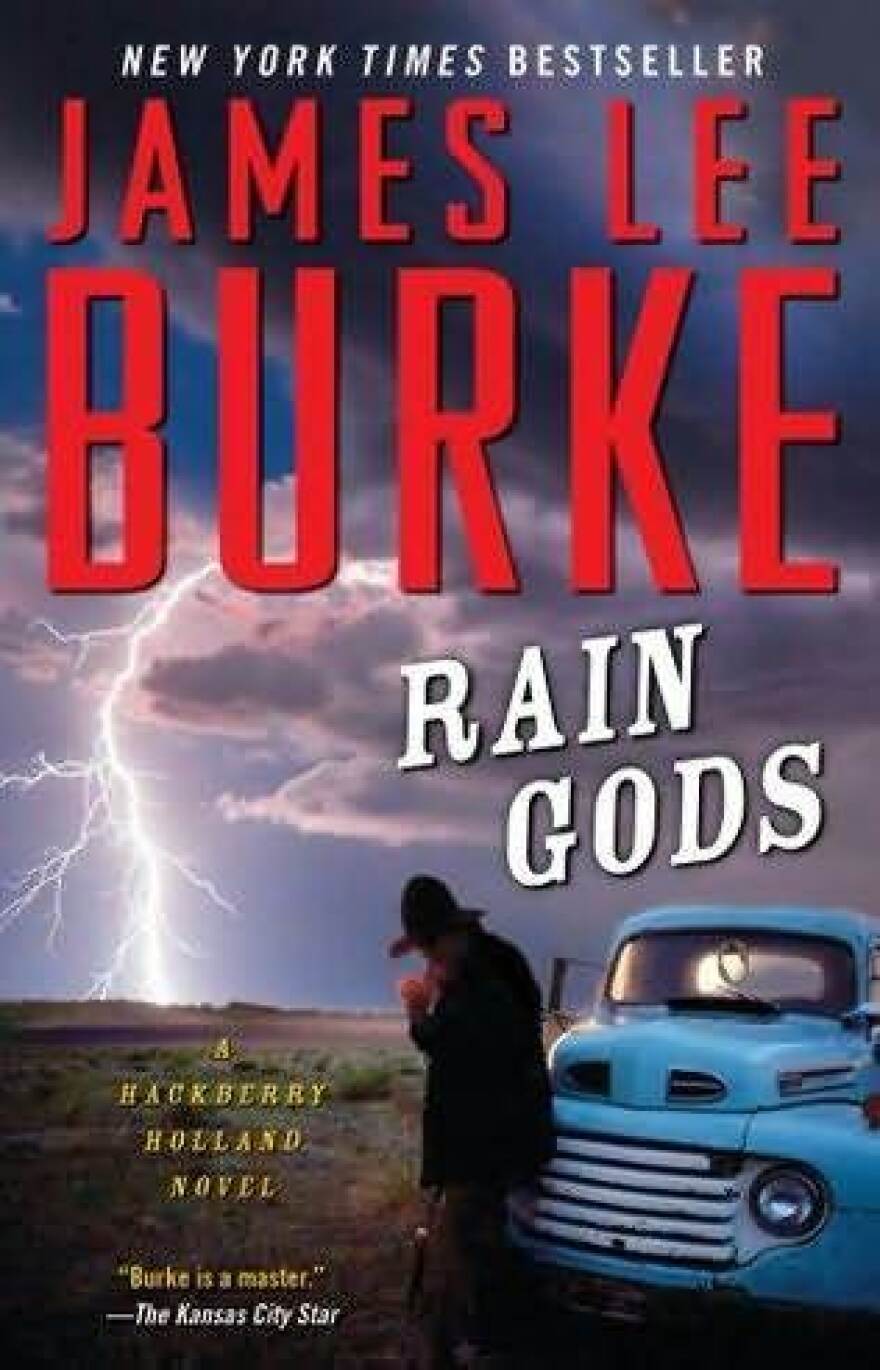Private Life
by Jane Smiley
Jane Smiley's leisurely new novel, Private Life, covers nearly six decades, from 1883 to 1942, a historic period when technological innovations brought the country from a relatively slow-paced life to the dawn of the nuclear age. This time of intellectual and technological ferment is the backdrop to Smiley's subtle and thorough portrait of the toxic nature of the institution of marriage. The book's epigram sets the stage: "In those days all stories ended with the wedding." As Margaret Mayfield narrates her story of marrying an astronomer, and moving from small-town Missouri to a naval station near Vallejo, Calif., Smiley creates some vivid historic scenes, including a "real-time" reporting of the 1906 San Francisco earthquake and fire, in which Margaret's visiting mother-in-law perishes, and the internment of Margaret's Japanese neighbors in 1942, an episode that creates the frame for the novel and catalyzes Margaret's moral dilemma.
320 pages, $15.95, Anchor

Star Island
by Carl Hiaasen
In Star Island, the author and Miami Herald columnist takes aim at American celebrity and paparazzi culture. It's the story of vacuous celebrities being stalked by a hygiene-challenged freelance photographer; corrupt land developers and the politicians they've bribed; and an altruistic, if flawed, hero. With its sunny Florida setting, Star Island could easily be mistaken for a light beach read, but there are serious issues in there — starting with the book's title. "Star Island is an actual place in Miami Beach, and a lot of celebrities live there," Hiaasen tells NPR's Don Gonyea. "It's also sort of a double meaning because the star, this young singer, is isolated and detached in a way that she might as well be on an island — she's not very connected to reality anymore."
368 pages, $14.99, Grand Central

Rain Gods
by James Lee Burke
Best known for his series of mystery novels about Louisiana cop Dave Robicheaux, crime writer James Lee Burke moves westward in his latest novel, Rain Gods, to the dry landscape of Texas. Burke's protagonist, a 70-year-old widower and recovering drunk named Hackberry Holland, is a character the author introduced in his 1971 book Lay Down My Sword and Shield. Burke tells Linda Wertheimer that he wrote the new novel because he felt he "owed Hackberry an amends. ... His story wasn't quite over yet." Hackberry belongs to a family, which — though fictional — is based closely on the author's own. The novel is set in the present and "deals with the violence that is ongoing on the Texas-New Mexican-Mexico frontier," Burke says. Opposite Hackberry is a psychopathic religious demagogue named Preacher Jack Collins, whom Burke describes as "the most intriguing antagonist or villain I think I've written about."
464 pages, $16, Pocket

Spies Of The Balkans
by Alan Furst
In the latest of what he calls "historical espionage" novels, spy writer Alan Furst is working at the top of his powers. Spies of the Balkans takes us to Salonika in 1940 — just as Mussolini has decided to invade Greece — and carries us along with convincing historical details and heart-pounding plot-making, as well as supple prose. This fine mix conveys the brutal military and social history of Europe in World War II from a feeling perspective. Furst draws us into the world of a Macedonian police detective, Costa Zannis, who is a canny Salonika investigator with a lot of local political connections, a British girlfriend, a mother and a dog. Before we know it, his moral hackles have risen and he has created a network to help a Jewish woman from Berlin smuggle German Jews targeted for arrest down through the Balkans to Turkey. Along the way, Zannis' morality grows, almost as though it's a flower in a stop-motion film.
268 pages, $15, Random House Trade Paperbacks
The Fever: How Malaria Has Ruled Humankind For 500,000 Years

by Sonia Shah
There have been deadlier, scarier and more stubborn diseases, but few that have affected human evolution and global culture as much as malaria has. In The Fever: How Malaria Has Ruled Humankind for 500,000 Years, journalist Sonia Shah provides an absorbing overview of the causes, treatments and effects of the disease, from the birth of the Plasmodium falciparum parasite in Africa thousands of years ago to global health initiatives of the past decade. In previous books, Shah has chronicled "the story of oil" (Crude) and written about pharmaceutical companies testing drugs on indigent patients (The Body Hunters). In The Fever, she displays the same curiosity, eye for history, and anger on behalf of the oppressed. (Drug companies take it squarely on the chin here as well, particularly in the chapter titled "Pharmacological Failure.")
320 pages, $16, Picador Books
Charlotte Abbott edits "New in Paperback." A contributing editor for Publishers Weekly, she also leads a weekly chat on books and reading in the digital age every Friday from 4-5 p.m. ET on Twitter. Follow her at @charabbott or check out the #followreader hashtag .
Copyright 2023 NPR. To see more, visit https://www.npr.org.


